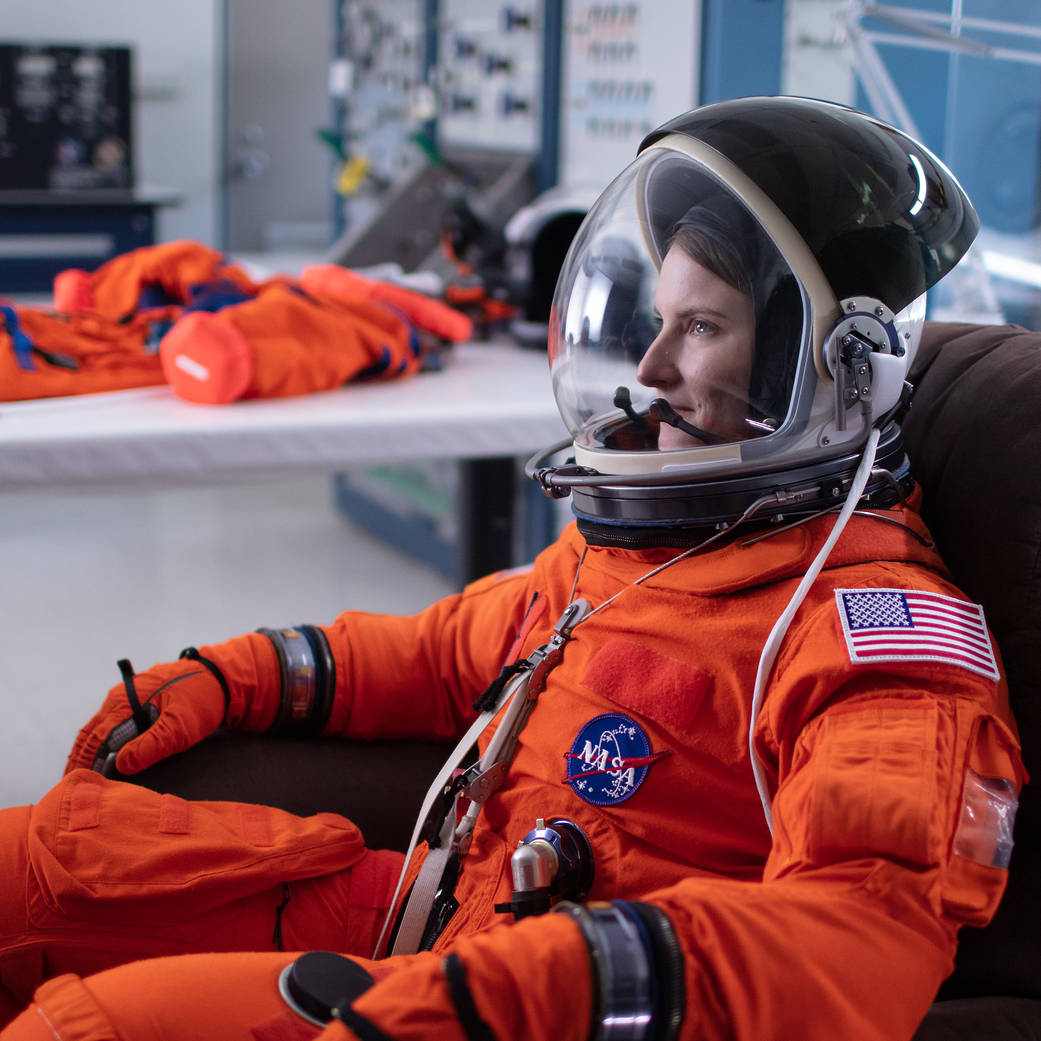
Kayla Barron will take her first spaceflight later this year to the International Space Station.
Gates Cambridge Scholar Kayla Barron will make her first spaceflight later this year after NASA announced that it has assigned her to serve as a mission specialist for the agency’s SpaceX Crew-3 mission to the International Space Station.
The mission is due to launch on October 23rd. Kayla became a NASA astronaut in January 2020 after completing two years of training on the Artemis programme which aims to put the first female on the Moon.
She will join two other NASA astronauts and a European Space Agency astronaut on the SpaceX Crew-3 mission.
It will be the third crew rotation mission on SpaceX’s human space transportation system and its fourth flight with astronauts, including a test flight, to the space station through NASA’s Commercial Crew Programme.
Kayla [2010], from Washington state, did a master’s degree in nuclear engineering at the University of Cambridge where she was a Gates Cambridge Scholar and focused on alternative energy sources, particularly nuclear power. She then earned her submarine warfare officer qualification, becoming a member of the first class of women commissioned into the submarine community, and deployed three times while serving aboard the USS Maine. At the time of her selection as an astronaut candidate in 2017, she was serving as the flag aide to the superintendent of the US Naval Academy.
When she and her fellow astronauts arrive at the orbiting laboratory, they will become expedition crew members for the duration of their six-month science mission. The crew will have a slight overlap with the Crew-2 astronauts, who arrived on 24th April. NASA says this will mark the second time commercial crew missions have overlapped on the station. The Crew-1 astronauts, who ended their mission with a splashdown off the coast of Panama City, Florida, on Sunday, May 2, were aboard the station with the Crew-2 astronauts for a seven-day direct crew handover. NASA says that increasing the total number of astronauts aboard the station enables the agency to boost the number of science investigations conducted in the unique microgravity environment.
At the time she was selected for the NASA training, Kayla, who is married to fellow Gates Cambridge Scholar Tom Barron, said: “Professionally, my experience as a Gates Cambridge Scholar played an important role in my development as an engineer and a leader. Personally, the experience was foundational, and I continue to be enriched by the Gates Community.”
*Picture credit: NASA












